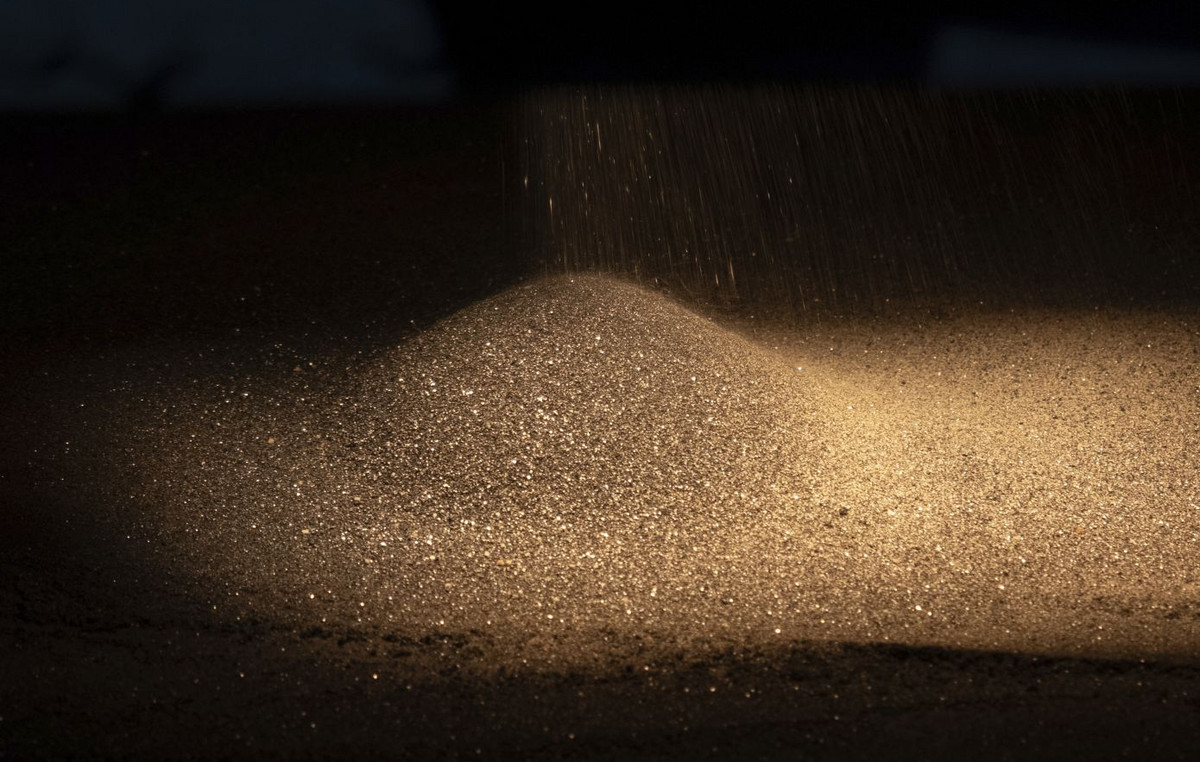Researchers and scientists from the Federal University of Paraná (UFPR) found rocks identical to natural ones, but composed of plastic while doing geological mapping on Trindade Island – a volcanic island located 1,140 kilometers from Vitória, capital of Espírito Santo.
The island is administered by the Brazilian Navy and is an important marine reserve, as it is home to the largest green turtle nesting region and sea snail reefs in Brazil. Plastic rocks have been identified well in this area.
Phd student Fernanda Avelar Santos found the greenish-looking stones, who collected samples for laboratory analysis, which made it possible to identify different forms of plastic debris.

The observation was made in 2019, and scientists said that rocks that include plastic in their formation must not be more than two decades old.
The researchers published an article in the journal Marine Pollution Bulletin, on the ScienceDirect platform (Elsevier), in which they highlight how humans are influencing the Earth’s geological cycle, altering the process of rock formation through marine pollution.
These alterations can cause a paradigm shift in classical geology, since geological processes are understood until today from a perspective based on the period prior to human interference, when the main transforming agents were natural.
They also explained how the process of forming a rock with plastic occurs: plastic garbage in the marine environment is deposited somewhere on the beach, which can also occur when people gather garbage to discard later, and the increase in temperature makes cause the plastic to melt forming plastic cement and, consequently, these rocks.
Although it is not possible to define the impact of these rocks formed with plastic on the environment, the scientists suggest that it is necessary to consider human action and man-made materials as fundamental attributes in the most recent geological processes.
Source: CNN Brasil
I’m James Harper, a highly experienced and accomplished news writer for World Stock Market. I have been writing in the Politics section of the website for over five years, providing readers with up-to-date and insightful information about current events in politics. My work is widely read and respected by many industry professionals as well as laymen.







